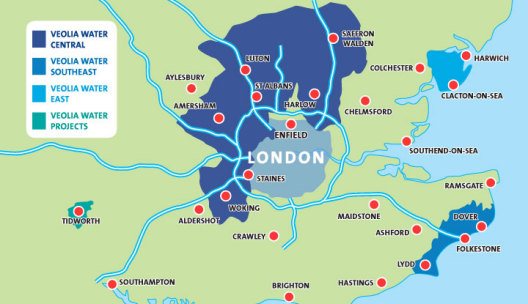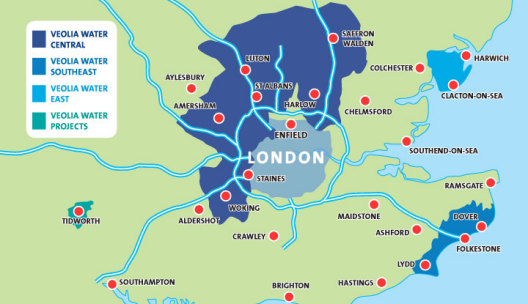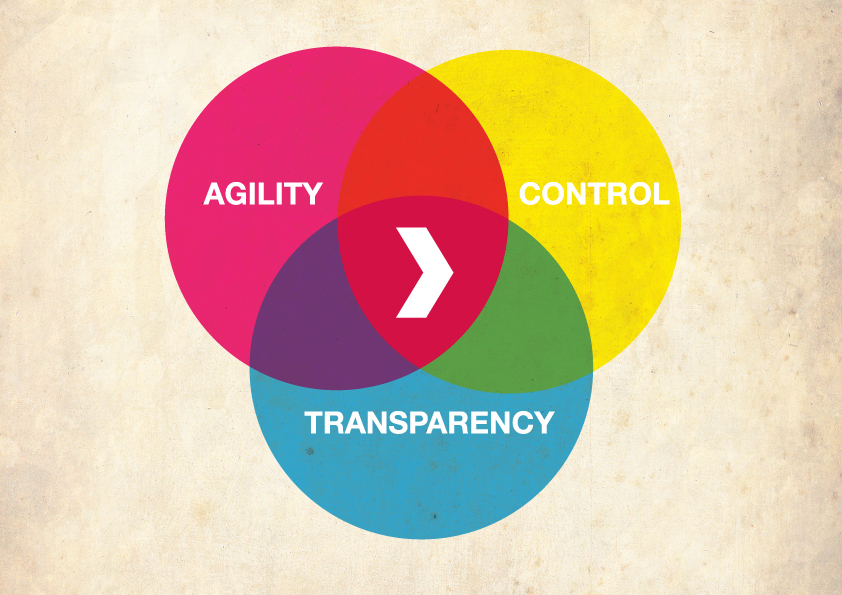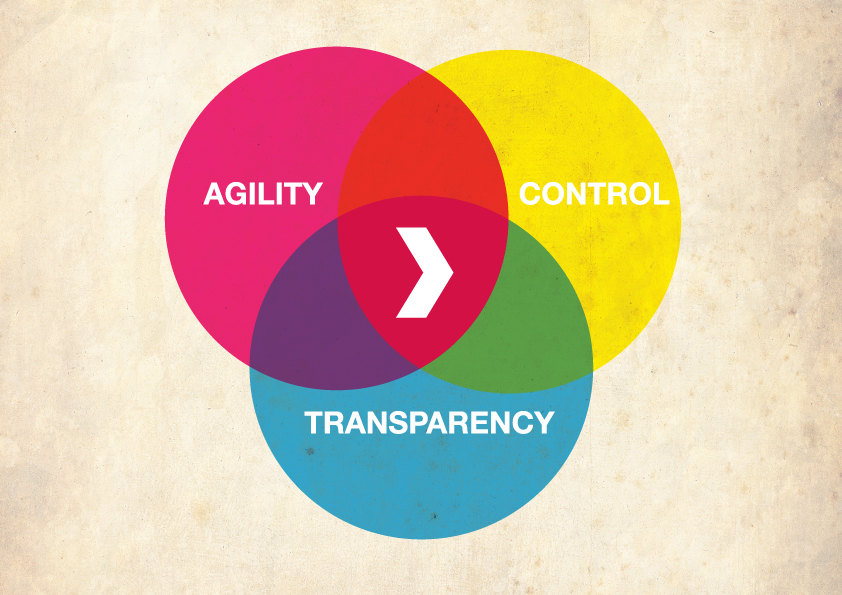 Last year I talked about a potential opportunity for UK pension funds to buy Cambridge Water on an unleveraged basis in order to secure, long-dated inflation-linked cash flows, with a real return significantly above that provided by long-dated inflation-linked gilts. The idea being that as financial markets and economies continue to deleverage, UK pension schemes have the potential to fund the full spectrum of UK infrastructure needs – both in social infrastructure; for example care, education, health and housing, as well as economic infrastructure such as roads, railways, ports, and utilities. The idea has even now found favour with our politicians! Two of our clients saw the opportunity to partner with Cambridge Water, providing long-term capital in return for these long-dated secure inflation linked cash flows, and mandated Redington to approach HSBC. Subsequently we therefore put in an unleveraged bid for the asset. Unfortunately in October Cambridge Water was sold to South Staffordshire Water which is owned by Alinda Capital Partners, the world’s largest independent infrastructure firm. Since then, however, Redington has received a flood of enquiries asking about the Cambridge Water deal and the rationale for its investment profile i.e. combination of inflation linked cash flows with an attractive real return.
Last year I talked about a potential opportunity for UK pension funds to buy Cambridge Water on an unleveraged basis in order to secure, long-dated inflation-linked cash flows, with a real return significantly above that provided by long-dated inflation-linked gilts. The idea being that as financial markets and economies continue to deleverage, UK pension schemes have the potential to fund the full spectrum of UK infrastructure needs – both in social infrastructure; for example care, education, health and housing, as well as economic infrastructure such as roads, railways, ports, and utilities. The idea has even now found favour with our politicians! Two of our clients saw the opportunity to partner with Cambridge Water, providing long-term capital in return for these long-dated secure inflation linked cash flows, and mandated Redington to approach HSBC. Subsequently we therefore put in an unleveraged bid for the asset. Unfortunately in October Cambridge Water was sold to South Staffordshire Water which is owned by Alinda Capital Partners, the world’s largest independent infrastructure firm. Since then, however, Redington has received a flood of enquiries asking about the Cambridge Water deal and the rationale for its investment profile i.e. combination of inflation linked cash flows with an attractive real return.
Good news for the New Year! Veolia Group has just announced that it is in the process of appointing advisors and banks for the sale of its three UK water assets.
Veolia Water UK Plc is the holding company for three separate water companies, serving 3.5million customers:
- Veolia Water Central, previously Three Valleys Water and by far the largest of the three companies,
- Veolia Water East, previously Tendring Hundred Water Services,
- Veolia Water Southeast, previously Folkestone and Dover Water Services.
Veolia Environnement SA is the ultimate parent company and has owned the three water companies since 1987. Following a number of profit warnings and a ratings downgrade the Veolia Group is in the process of selling a number of assets in order to reduce its net debt.
Based on prices achieved in recent sales of water companies, e.g. Northumbria Water, Bristol Water and Cambridge Water, the likely sales price will be between 125% and 130% of the regulated asset value equating to an enterprise value of £1.15 – £1.2billion for the combined group. This would likely consist of an equity investment of c.£500m and debt requirement of c.£700m (£500m excluding existing bonds).
For interested Pension Funds there is therefore a window of opportunity to approach Veolia Environnement to discuss the purchase of the individual water companies or to form a consortium to bid for “Central” or even the combined group. The two smaller companies, “East” and “South East” would provide an attractive opportunity for a pension fund to make a 100% acquisition of a UK water only company for an enterprise value of £80-90million i.e. similar in size to the Cambridge Water deal. Note: a pension fund investor will benefit significantly from the growth in regulated asset value, both from additional capex spend and RPI indexation. This is a major driver in long term value of regulated water companies. Veolia Environnement is expected to launch a formal sale process during January and the process is likely to be a two or three stage process lasting 8-10 weeks with access to vendor due diligence reports.
Hopefully Santa has answered my wish list for 2012 by providing pensions funds some (three-in-one) opportunities to act on.









